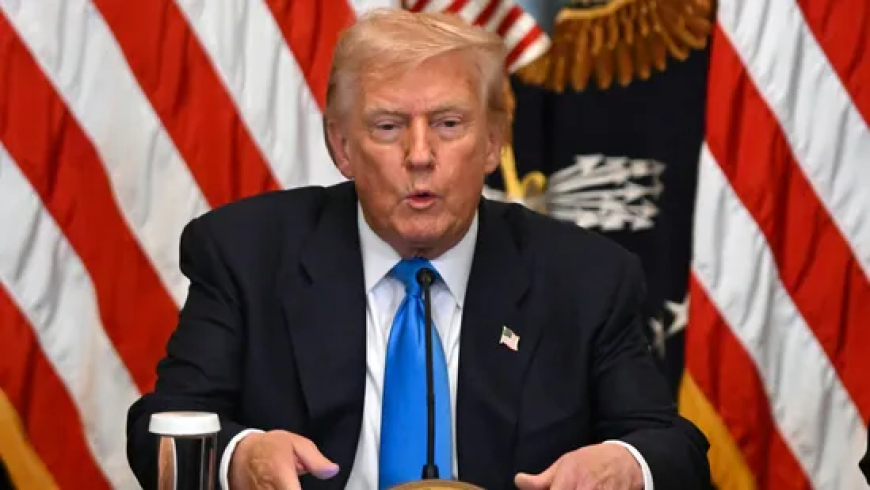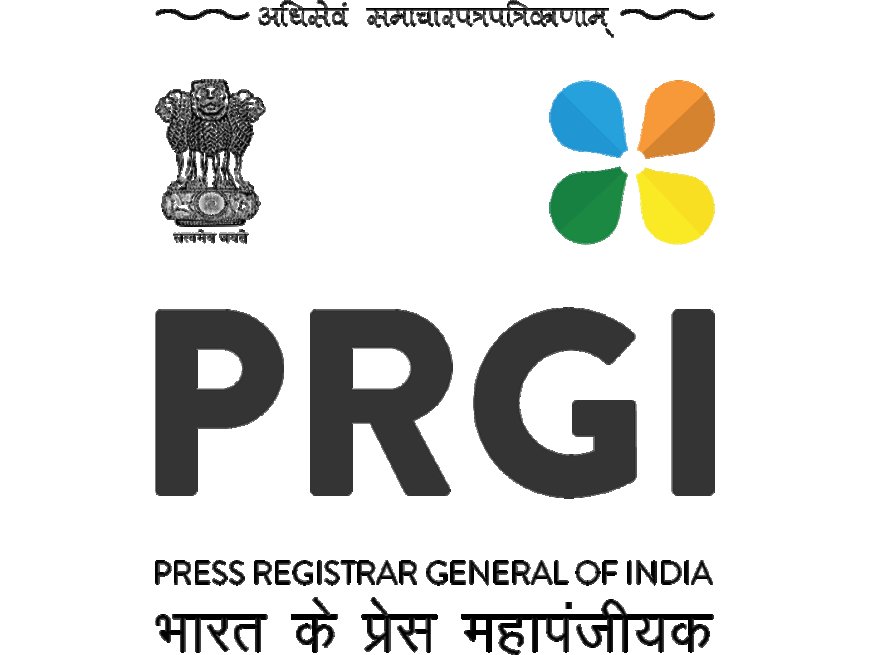Trump Threatens Federal Takeover of D.C. Amid Rising Juvenile Crime Surge
Following a high-profile assault in D.C., Donald Trump threatens a federal takeover of the city over rising juvenile crime concerns, sparking legal and political debate.

Washington, D.C. — Thursday, August 7, 2025
In a politically charged move that has reignited national debate over public safety and federal oversight, former President Donald Trump has threatened a federal takeover of Washington, D.C.'s local governance. The remarks came just hours after a former Department of Justice (DOJ) staffer was violently assaulted by a group of juveniles in a high-profile attack that shocked the capital on Wednesday evening.
The assault occurred near Dupont Circle, a busy commercial area, where the former staffer—whose name has not yet been released—was reportedly attacked during what officials have described as a random act of youth violence. The victim sustained non-life-threatening injuries and is currently recovering in stable condition.
Trump’s Reaction: A Bold Political Statement
On the morning of Thursday, August 7, Trump took to Truth Social, writing:
“Washington, D.C. has become a war zone. If these dangerous criminals—many of them underage—aren’t stopped by the failed local leadership, then the federal government MUST take over and restore law and order!”
He further accused the city’s Democratic leadership of “losing control” and fostering an environment where juvenile crime has grown “unchecked and emboldened.”
D.C. Officials Push Back
Mayor Muriel Bowser responded swiftly during a midday press conference, stating:
“We don’t need a federal takeover—we need federal investment in community programs, schools, and youth mental health services.”
City Council members also denounced Trump’s comments as “dangerous political theater” that exploits a tragic incident for electoral gain.
Crime Stats and Context
According to the latest Metropolitan Police Department data, violent crime in D.C. has seen a 12% rise in 2025 compared to the same period last year, with youth-related offenses comprising nearly 30% of those cases. While some neighborhoods report falling crime, several high-density zones have experienced a troubling uptick in assaults, carjackings, and armed robberies involving minors.
Law enforcement officials attribute the spike in juvenile crime to a combination of school truancy, lack of structured after-school programs, and lingering socio-economic fallout from the pandemic era.
Legal and Political Ramifications
The U.S. Constitution grants Congress ultimate authority over the District of Columbia, though local governance is allowed under the Home Rule Act of 1973. A federal takeover, however, would be unprecedented in modern times and would likely face fierce legal challenges.
Legal analysts argue that such a move would require overwhelming evidence of systemic failure and may necessitate emergency legislation by Congress. Others warn of the political backlash it could generate among D.C. residents, 92% of whom voted against Trump in 2020 and 2024.
Echoes of the Past
This isn’t the first time Trump has raised the possibility of federal control over D.C. During the 2020 Black Lives Matter protests, he famously ordered federal troops to quell demonstrations near Lafayette Square—an action still debated for its constitutionality and ethics.
Now, five years later, his latest comments rekindle memories of that confrontation and signal how crime and urban governance are likely to play central roles in the 2026 midterms and Trump’s potential return bid in 2028.
National Implications
With crime becoming a major election issue, Republicans are seizing the moment to cast Democratic cities as “lawless” while advocating for stricter enforcement policies and increased federal authority. Trump’s statement is expected to be a rallying point at upcoming GOP town halls and campaign events.
Meanwhile, Democrats argue that long-term solutions—such as housing reform, education, and social safety nets—must be prioritized over what they describe as “authoritarian overreach.”











